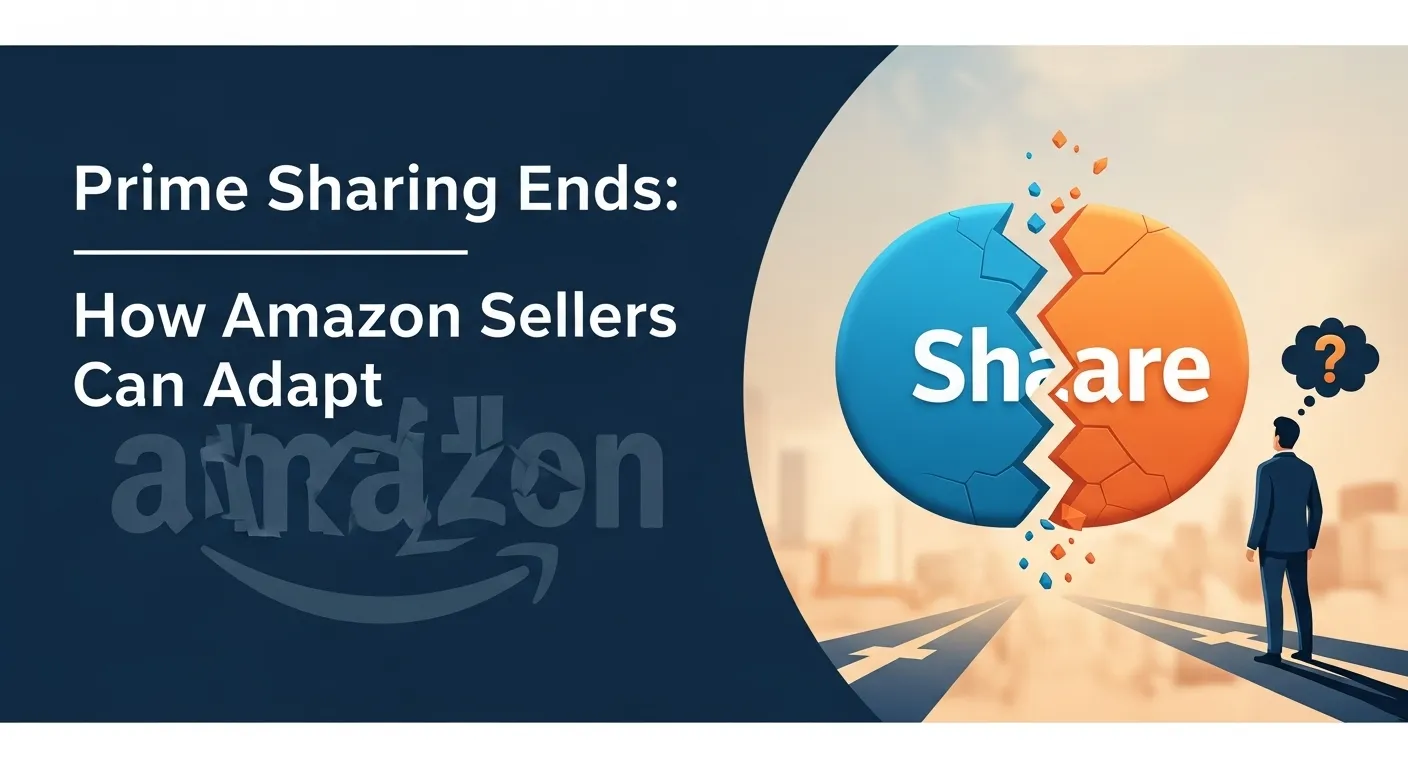Common Countermeasures for Malicious Competition among Amazon Sellers (2nd Half)

6.Return with Counterfeit
These malicious sellers will buy the products from their competitors and then purchase cheaper ones or counterfeits from other places. When the authentic products arrive, they will replace them with the cheaper ones and claim that the products they received are not authentic. Then, the cheaper versions or counterfeits are returned for a refund while the authentic products are kept for resale.
Later, these scammers will comment on the listing that the product they received were not matching the description or counterfeits, or report directly to Amazon, any of which may lead Amazon to suspend the seller’s account because Amazon always takes counterfeit issues seriously.
According to Steven Thompson, Thompson and Holt’s consultant of Amazon account freezing, he handled nearly 50-60 similar cases this year alone where counterfeit disputes arose because of malicious false claims filed by competitors.
Countermeasures:
This scam is easy to identify, for the seller will find that the product is not what he sent out when he receives the returned goods (FBM).
While the seller may not be aware that it’s a trick played by the competitor in the first place, because the buyer may just look like any one of those grumpy buyers. Therefore, the seller needs some skills to identify whether the buyer is one of his competitors.
Even the seller finds out that it is his competitor making the trouble; he still cannot use this as a reason to ask Amazon to unsuspend the account. The best way for a seller to recovery the account is to just take the responsibility even it’s not his mistakes.
How to recovery your seller accounts:
If your Amazon seller account is suspended because of such scam, it’s better to submit the Plan of Action (POA), summarizing how will you improve, most importantly, illustrating the products were indeed from authorized distributors.
While it’s hard to completely prevent such scams, yet sellers can take some measures to reduce the impact. They can keep the all the purchasing receipts, which can eventually prove that all you products were from authorized distributors.
Retail arbitrage sellers are more vulnerable to such scams, for they purchased products from other retailers, but not from authorized distributors instead. Amazon does not approve legitimacy of such receipts, so it is difficult for arbitrage sellers to prove the authenticity of their products.
7.Abuse of Brand Registry by Registering Competitor’s Trademarks
Brand Registry is a powerful tool for Amazon to crack down on counterfeited goods, while some sellers may use this to crush all the competitors with a well-designed process.

If you are a seller on Amazon US selling your own private labeled products and use an all-purpose trademark, you need to register your trademark with US Patent and Trademark Office. Some malicious competitors will find all ways to take over your listing and your brand while registering your trademark as theirs is the easiest way.
8.Price Manipulation
These sellers like to push competitors out of the first page of search results with several seller accounts posting multiple listings, or directly take down the competitors with a price war.

The stories about malicious behaviors such as the abuse of the brand registry, the preemptive registration of competitor’s trademarks and the manipulation on product price and so on are endless. To deal with such matters, most sellers can appeal to Amazon to protect their own accounts if there are no wrongdoings in their operations.
Illegal practices may occur when a market becomes profitable. Some companies even use software to spy on their competitors’ stores and such behaviors should be blamed. They’d better spend more time in developing more products, optimizing account performance and building their own brands.
About Tool4seller
A best-in-class Amazon seller tool that is specialized in sales& profits analytics, PPC optimization, keyword research, competitor tracking, instant alerts for listing hijacking, price changing, and inventory updates, etc.


